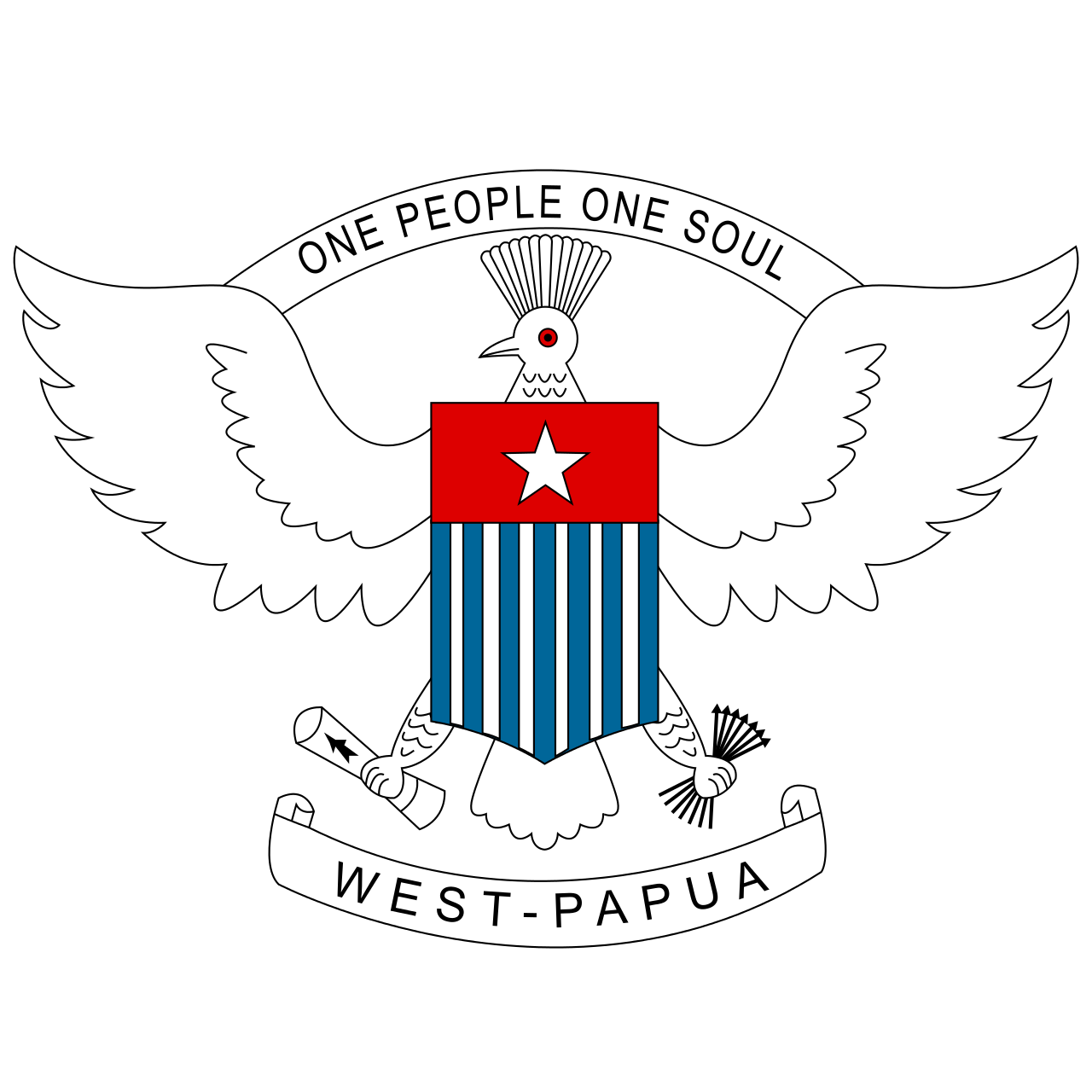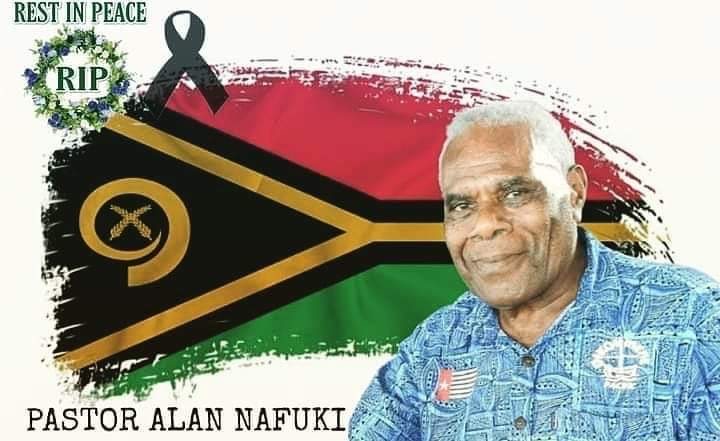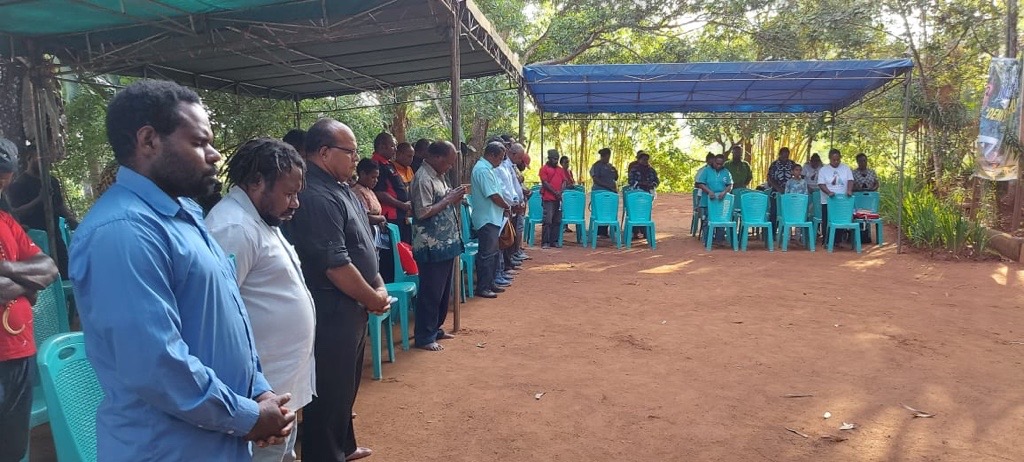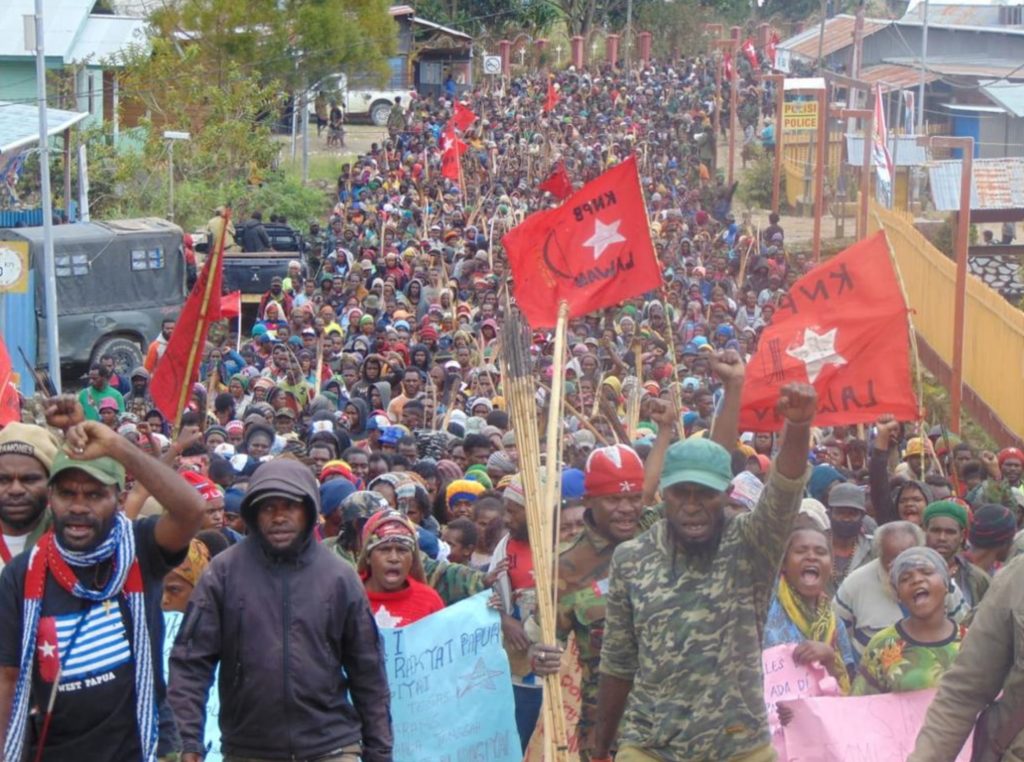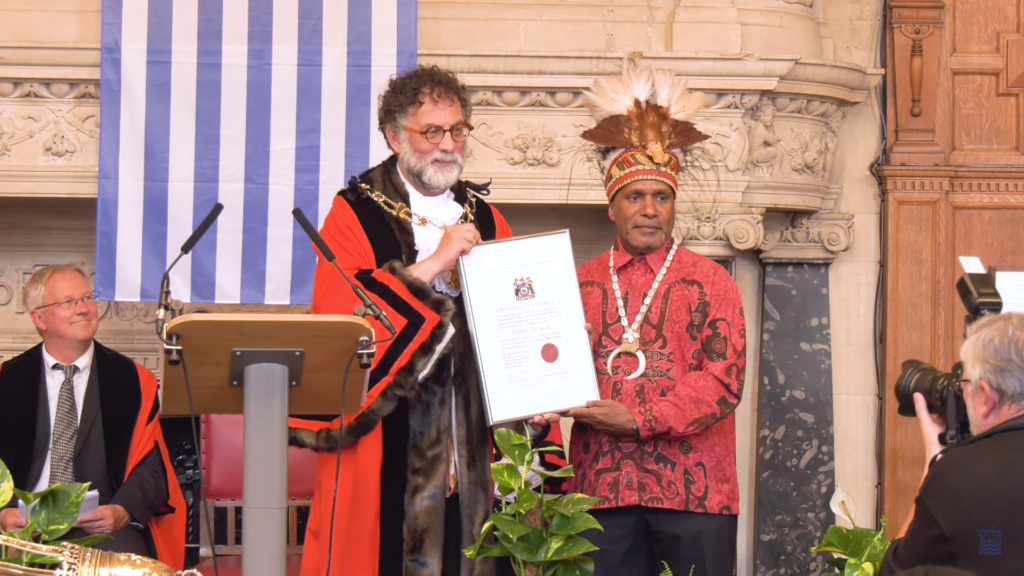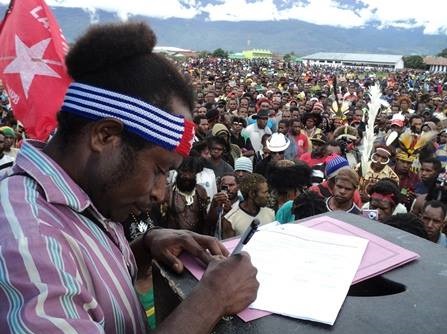In a series of open letters, the West Papua Council of Churches (WPCC) have written to Indonesian President Joko Widodo, the Governor of Papua Province, and the Chief of Police for Papua, criticising recent military activities and calling for steps to be taken to achieve ‘permanent peace in the land of Papua’.
The WPCC, who represent the four main Christian denominations in West Papua, have become increasingly vocal in their opposition to Indonesian colonial rule, having recently called for an urgent UN investigation into human rights abuses in the region.
In their letter to President Widodo, the WPCC argue that Indonesian actions in West Papua are coloured by a ‘colonial gaze’, and accuse successive Indonesian Governments of treating Papuans like monkeys (‘a nation that lives in treetops… corruptors and stone age people’).
The WPCC also criticises Widodo’s designation of the Free Papua Movement (OPM) as a terrorist organisation, arguing that in proscribing the OPM Widodo has ensured that Papua itself ‘has been designated a terrorist area’.
The decision to label the OPM in this way comes as military incursions have forced thousands to flee the Puncak regency, compounding the ongoing plight of thousands of Papuan refugees similarly displaced from the Nduga and Intan Jaya regencies. Indeed, interim President Benny Wenda has stated that the actions of the Indonesian Government better fit the ‘terrorist’ label.
Indonesia also stands accused of gross hypocrisy, with the Government having condemned recent human rights abuses against Palestinians and the Rohingya while continuing to subject Papuans to their own settler colonial project.
The renewed crackdown on Papuan resistance follows months of rising tensions in the illegally occupied region. Following the decision to label the OPM as terrorists, Indonesia significantly intensified their military operations, deploying an elite squadron of 400 soldiers, known as ‘satan troops’ and trained in the genocide in Timor-Leste, to the Nduga regency. Internet service to parts of West Papua was also cut off, raising fears of an impending massacre.
These escalations were partly prompted by the proposed extension of the ‘Special Autonomy’ law, which is due to expire this year two decades after it was first implemented. In their letters the WPCC criticise Special Autonomy, adding their voices to scores of West Papuans who have peacefully protested its reimposition. More than 750,000 Papuans who have now signed an anti-Special Autonomy petition, instead imploring Jakarta to finally respect their right to self-determination via an independence referendum.
While offering condolences for the Indonesian soldiers who died during the accidental sinking of a naval submarine, the open letters also chastise Widodo and remind him of his unfulfilled promise to meet with pro-referendum groups, including the ULMWP.
Writing to the Chief of Police for the Papua region, the WPCC decry the illegal arrest of independence activist Victor Yeimo and call for his immediate release. As Yeimo practices peaceful protest and civil disobedience, his arrest and subsequent detention suggests that Indonesia intends to use OPM’s terrorist designation to crack down on all forms of resistance, violent or otherwise.
